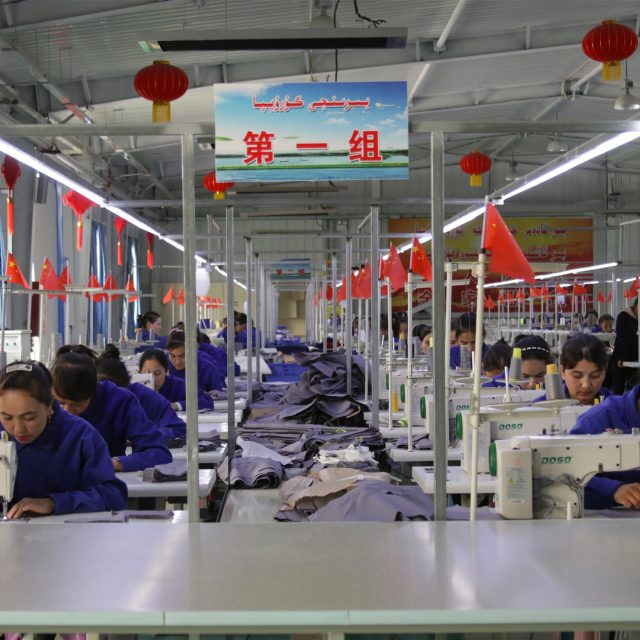If the coronavirus pandemic has had a shocking impact on the health of citizens, their daily life and local economies, the EU’s recovery plan constitutes an historic act of solidarity for our continent and a turning point for our Union, writes Stefano Bonaccini.
Without this new financial windfall, we will not be able to overcome a crisis of colossal proportions like the current one.
The shock created by this unprecedented situation will not only have a major effect on our economies, but also on how we collectively view the relationship between the environment and our way of life.
The decisions we are about to take to overcome this crisis will shape the world for the next century and what is clear is that reconstruction and investments for the future will need to be made with and by regional and local governments. They have already proven their ability to manage the pandemic, protect our citizens’ well-being and support local businesses.
This is why mayors, councillors and regional leaders across Europe are calling for strong and effective partnerships between all levels of government. Such partnerships will not only enable us to pave the way out of the crisis, but also to lay the foundations for a resilient and sustainable Europe, better prepared for the challenges and opportunities ahead toward green and digital transitions.
The local dimension of the recovery has been clearly recognised by European Commission President Ursula von der Leyen, who declared that she will be attentive to the investment priorities of municipalities and regions.
Yet the Commission has merely recommended that Member States involve local and regional governments in the preparation of recovery plans; there is no obligation to do so.
It is in the Member States’ hands to make sure that this materialises!
Exclusion of towns and regions from recovery plan preparation to date
Last December, we teamed up with the European Committee of the Regions to determine to what extent Member States are involving local and regional governments in shaping their post-COVID recovery plans. The results* are unequivocal: most EU Member States are failing to adequately inform and involve representatives of municipalities and regions in the definition of investment priorities and the drafting of these national recovery plans.
Only local and regional governments and their national associations from Finland, Ireland and Lithuania said they were genuinely part of the process that will ensure the recovery of their territories. Of even greater concern were the various barriers highlighted by most respondents. These include a lack of willingness on the part of their national government to involve them,
Despite the fact that 19 Member States have already submitted their draft national plans to the European Commission, we will continue to push for the involvement of cities and regions in a more systematic way. However, to ensure adherence to basic multi-level governance principles, we need the European Parliament on board. We encourage MEPs to make full use of their powers of scrutiny to help ensure the EU derives maximum benefit and effectiveness from the recovery and resilience funds.
Europe’s recovery plan has great potential not only to reinvigorate our economy, but to go further, to address the huge problems that the pandemic has exposed and shape the future of our continent. By working with and empowering our cities and regions, the European Union will emerge from this crisis stronger and better able to tackle the COVID crisis, the climate emergency, the digital transition and the future challenges ahead. Our citizens expect it. There is no time to lose.
The Author, Stefano Bonaccini is President of Emilia Romagna region (Italy) and of the Council of European Municipalities and Regions.




